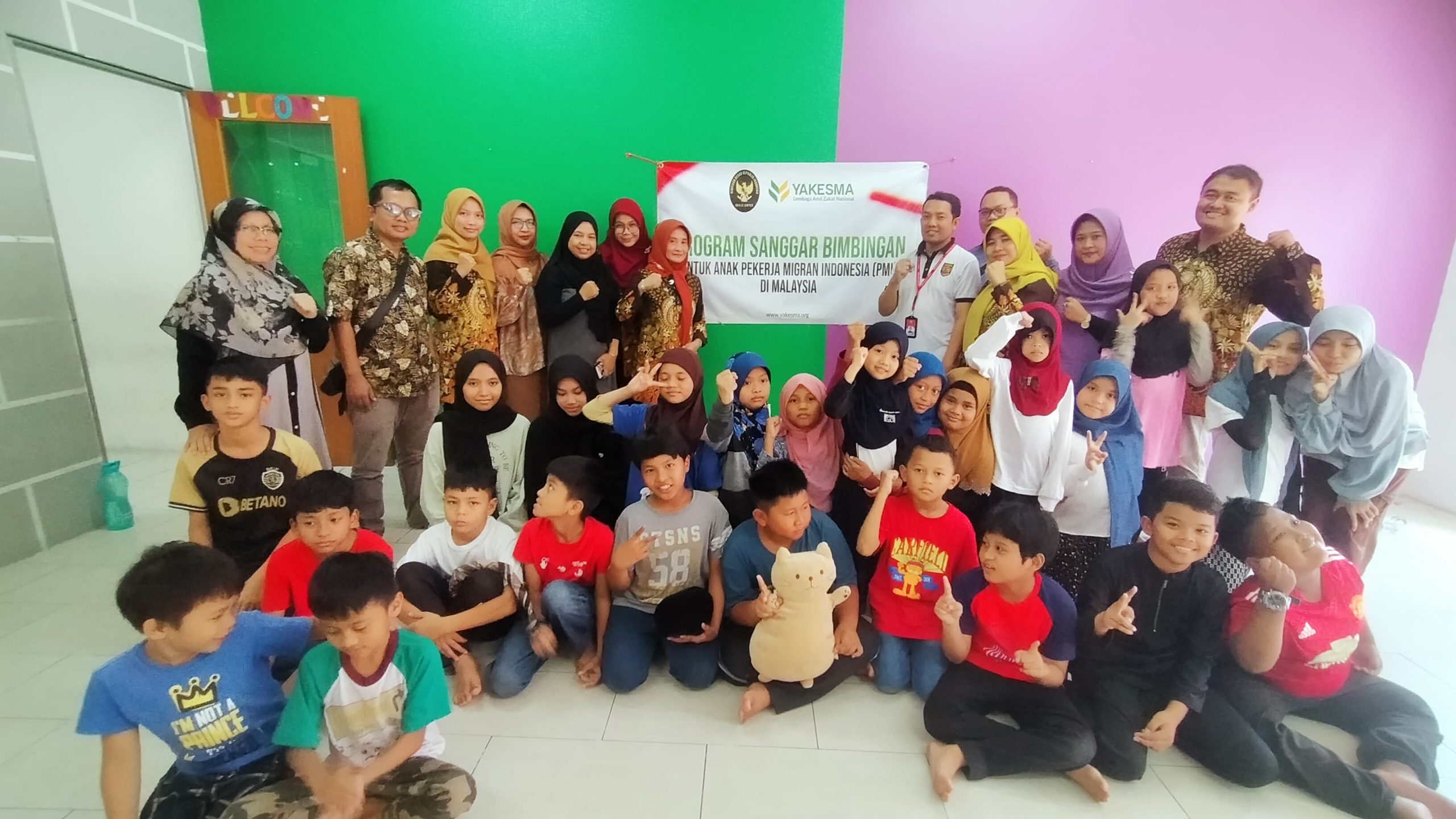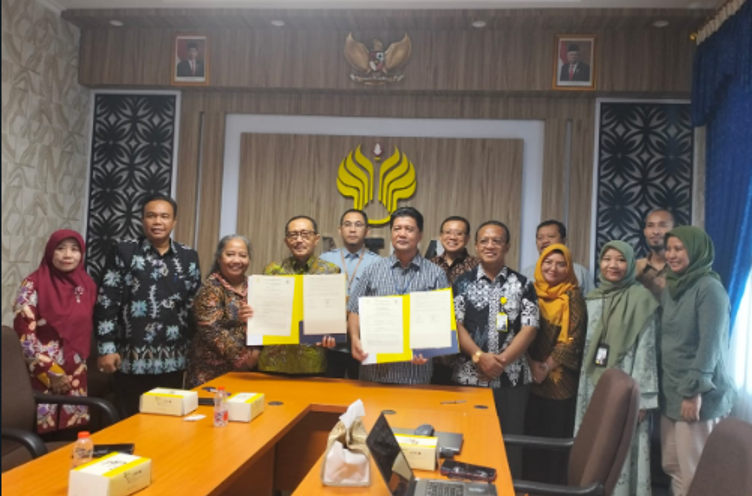In the admission of new students in 2018, Semarang State University (UNNES) implemented an admission fee (UP) for prospective students through the independent selection pathway. This policy received various responses. Some students expressed their refusal, while others supported it. Therefore, this issue needs to be approached proportionally so that it can be understood in a proportional manner as well.
A comprehensive explanation of the admission fee issue is needed to ensure that the issue remains in its proper place and is not directed towards unproductive interests.
UNNES’s policy of imposing an admission fee is based on the Regulation of the Minister of Research, Technology and Higher Education (Permenristekdikti) Number 39 of 2017 concerning Single Tuition Fees and Single Tuition Payments. Article 8, paragraph (1) states that state universities may collect admission fees and/or other fees in addition to the Single Tuition Fee from new diploma and undergraduate students through the independent selection pathway.
The term “may” in the above article means that state universities have the discretion to impose or not to impose an admission fee. The decision to impose or not to impose is adjusted to the conditions of each state university. This discretion is given to each state university because each university has different visions and challenges, which require different funding strategies as well.
At this point, a question may arise: “Why does the government allow the imposition of an admission fee? Why doesn’t the government cover all the needs of higher education?”
As a country whose one of the goals is to educate the nation, Indonesia certainly has a commitment to finance education. However, the resources available to the government are often limited. On the other hand, the government also has development priorities in other areas, such as infrastructure, health, defense and security, and other fields. Therefore, in order to ensure the smooth running of education, the government still provides opportunities for the public to participate in financing higher education.
This regulation is in line with the spirit of Law Number 20 of 2003, which regulates public participation. Article 8 states, “The public has an obligation to provide support and resources in the implementation of education.”
However, public participation needs to be regulated in accordance with the principles of good governance. Therefore, the Ministry of Finance issued Minister of Finance Regulation (PMK) Number 204/PMK.05/2016 regarding Tariffs for Services of Semarang State University Public Service Agency. In this regulation, the amount of the admission fee has been determined in five different categories.
The establishment of five categories for the admission fee is intended to base the determination of the admission fee on the economic conditions of prospective students. Prospective students from economically disadvantaged backgrounds are expected to pay a lower admission fee, while those from more affluent families can afford to pay a higher admission fee.
The establishment of these five categories for the admission fee is in line with the spirit of Article 8, Paragraph (2) of the Minister of Research, Technology, and Higher Education Regulation No. 39 of 2017, which states that “the admission fee… must still consider the economic ability of students, parents, or other parties financing them.”
From the above explanation, it can be concluded that the policy of the admission fee for new students through the independent selection pathway is a constitutional government policy. In addition to being constitutional, this regulation has been carefully formulated by cross-ministerial state institutions, taking into account the social conditions of the community. Therefore, this policy is not only implemented by UNNES but also by other state universities in Indonesia.
Strengthening Higher Education
Changing conditions in Indonesian and global society demand that higher education institutions play a larger role. In addition to equipping young people with adequate knowledge, critical thinking skills, and abilities, universities are also challenged to shape students into individuals with excellent character.
The Ministry of Research, Technology, and Higher Education (Kemristekdikti) emphasizes that there are several ideal characteristics that students need to possess in order to face the changing world in the era of disruption. These characteristics include high-level thinking skills, multiple intelligences, soft skills, and the ability to become lifelong learners.
In order to produce graduates with these ideal characteristics, universities must continuously enhance their quality and capacity. Improving quality and capacity involves various aspects such as infrastructure, human resources, institutional strengthening, and others.
In terms of infrastructure, for example, universities are expected to have teaching factories, develop massive open online courses (MOOCs) and virtual classes, and build learning commons infrastructure. In terms of human resource development, universities must enhance the capacity of lecturers to possess teaching competencies as well as research competencies, digital development competencies, global-level competencies, and competencies in future strategies. As for institutional aspects, universities need to improve institutional accreditation, both institutional and program accreditation.
These challenges ultimately have implications for the funding needs of universities, both operational funding and development funding. In order to develop into universities that are in line with the times, development funding is required. This is a logical condition that can be easily understood by various parties.
Funding can be obtained through at least four channels. First, from the government through the state budget (APBN). Second, through collaboration with the business and industrial sectors. Third, through the commercialization of innovation outcomes (generating income). Fourth, through community participation.
The admission fee for new students through the independent selection pathway is part of community participation in enhancing the capacity and quality of universities. Community participation is not the only source of funding, but rather one of several sources of funding for higher education.
Preserving a Sense of Justice
The argument often used to reject admission fees is based on the principle of justice. Those who disagree with this policy see admission fees as a form of commercializing education, insensitivity towards the poor, and similar arguments.
However, this argument is weak. In reality, the government has provided a guarantee that a minimum of 20 percent of university seats should be allocated to students from economically disadvantaged families. This guarantee is realized, among other things, through the Bidikmisi scholarship program for financially needy students. With this scholarship, students can enjoy free education for eight semesters, receive a monthly allowance of Rp600,000, and participate in various character development programs.
Bidikmisi is an affirmative policy that clearly prioritizes the welfare of the poor. Thanks to this scholarship program, tens of thousands of students from financially disadvantaged families can pursue their aspirations without being hindered by financial conditions.
In addition to Bidikmisi, UNNES ensures the 20 percent quota for poor students by managing zakat (Islamic alms) from faculty and staff through the Zakat, Infaq, and Sedekah Charitable Institution (LAZIS). Through this institution, UNNES collects 2.5 percent zakat from faculty and staff, which is then distributed as scholarships to financially needy students who are not covered by the Bidikmisi program. As a result of this policy, the quota for poor students at UNNES has reached 26 percent, exceeding the government’s minimum threshold.
Furthermore, the admission fee policy is not discriminatory as it includes provisions for exemptions for prospective students who are truly unable to pay the fees.
The exemption rules stipulate that UNNES will grant dispensations so that prospective students who genuinely cannot afford to pay the admission fees can still be accepted as students. Dispensations are granted to prospective students who are orphans, residents of orphanages, affected by disasters (floods, landslides), economically disadvantaged students who have memorized the Quran, and students who are deemed eligible after validation.
With such a narrative, the accusation that admission fees are a discriminatory policy is unfounded. On the contrary, admission fees are a mechanism that allows for fair cross-subsidization. Individuals with strong financial capabilities can pay more, enabling universities to provide fee waivers for economically disadvantaged students.
That concludes this explanation. May God Almighty guide our steps.
Prof. Dr. Fathur Rokhman, MHum
Rector of Semarang State University




